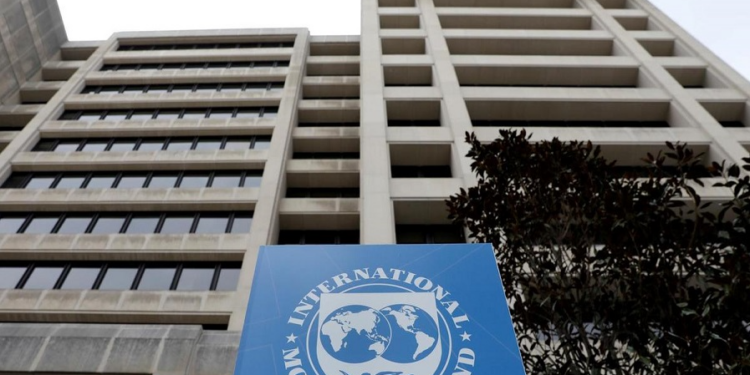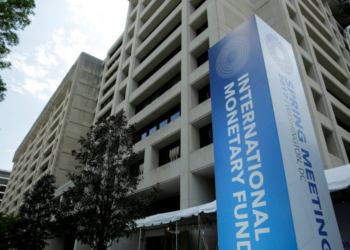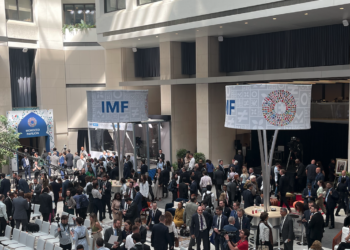The International Monetary Fund (IMF) has said that the economic slowdown in China will impact African oil exporters the most.
According to a Bloomberg report, the economic slowdown in China will have a notable impact on the growth of countries in Sub-Saharan Africa.
The IMF stated that a one percentage point (pp) decrease in China’s real Gross Domestic Product (GDP) growth results in approximately a 0.25 percentage point (pp) decline in total GDP growth across sub-Saharan Africa within a year. Particularly, oil-exporting nations would feel the most substantial impact.
It is important to note that China’s economic growth has slowed in recent years due to factors like a property downturn and the COVID-19 pandemic.
Forecasts suggest an annual growth of about 4% over the remainder of this decade, a decline from the 7% growth observed in the decade before the pandemic.
The IMF emphasizes that the adverse effects of China’s slowdown on the region would mainly stem from the export of commodities such as oil.
China is a significant export partner for sub-Saharan Africa, purchasing about one-fifth of the region’s exports.
To counterbalance this, countries in the region could enhance intra-African trade and invest more in infrastructure and human capital.
Thus, the IMF is encouraging sub-Saharan African countries to adapt and prepare for reduced import demand and decreased economic engagement from China.
Beyond this, the IMF also underlines that nearly half of sub-Saharan Africa’s public debt is commercial borrowing, often carrying higher interest rates.
Meanwhile, China presently holds 6% of Sub-Saharan Africa’s sovereign debt, with the majority concentrated in Angola, Kenya, Zambia, Cameroon, and Nigeria.
Despite this, the IMF clarifies that China’s debt has not been the primary contributor to the region’s public debt increase over the past 15 years.
Insights on African trade via AfCFTA
As earlier noted, the INF advises countries in sub-Saharan Africa to enhance intra-African trade. Note that in May 2023, the IMF chief, Kristalina Georgieva wrote that countries must focus on reducing trade barriers, regional supply chains, economic diversification and focus on youth-led job creation to make the African Continental Free Trade Area (AfCFTA) work.
At the time, she also said that the key is implementing favourable policies for Africa to harness the continent’s vast trade advantages.
If the AfCFTA is effectively implemented, removing trade barriers and improving transportation logistics, intracontinental trade could grow by 53%, turning previous obstacles into opportunities.
The IMF had noted previously that under the AfCFTA, most African economies would see a decline in the concentration of their export destinations, with generally larger declines for countries that currently have a relatively high export concentration. A greater diversity of export destinations would in turn increase economic resilience.























